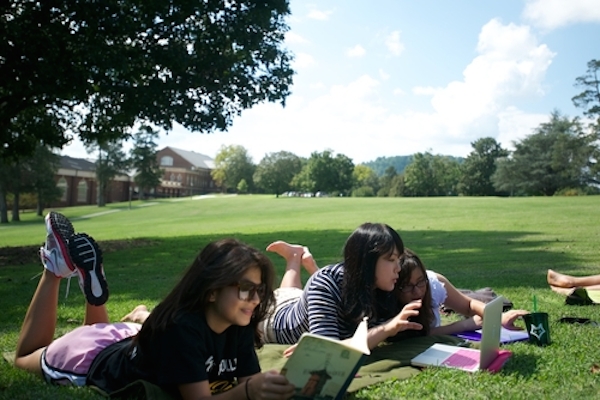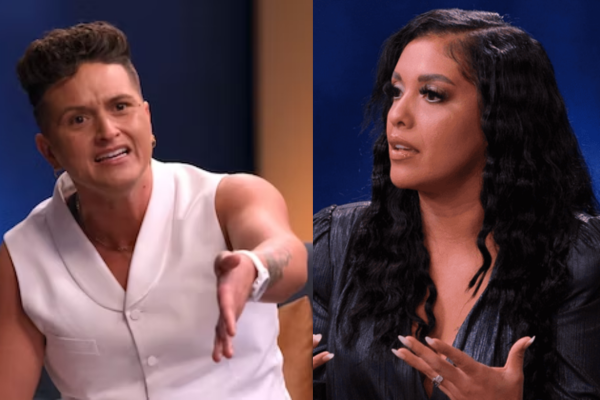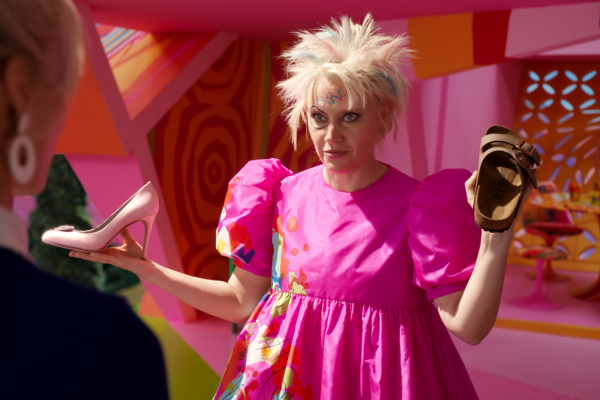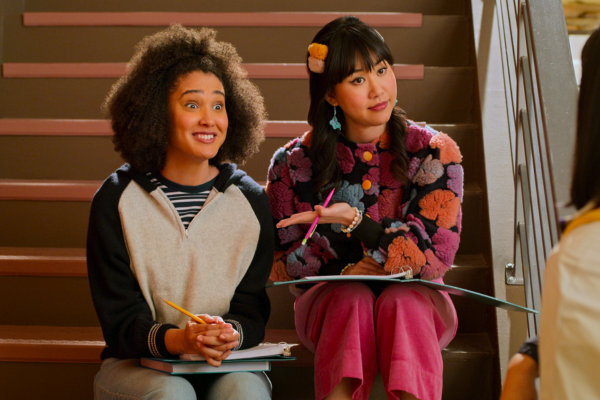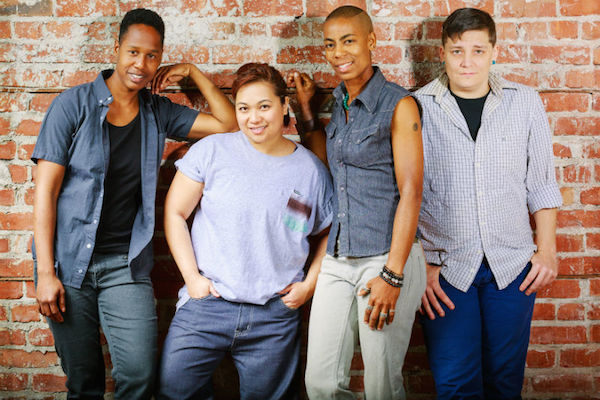
Top List Tuesday: 10 Reasons You Should Watch Dyke Central
March 24, 2015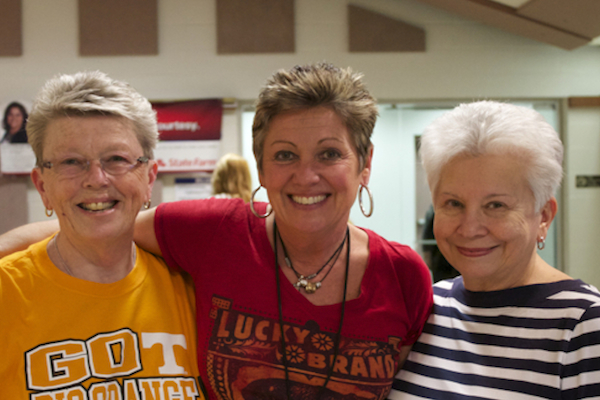
Women’s FEST Takes Over Rehoboth Beach
March 25, 2015Saving Sweet Briar College
If you have been following the news lately you might have heard about a 114-year old Virginia women’s institution of higher learning closing at the end of this semester. Sweet Briar College will be shutting its doors in August despite an ever-growing applicant pool. With this announcement came a renewed national conversation surrounding the continued relevance of single-sex education in the 21st century, putting women’s colleges on the defense, quickly releasing data to the contrary.
As the President and Board Chair of Sweet Briar College continue with their messaging around the lack of young women interested in attending women’s colleges, Nicole Chambers (Mount Holyoke College ‘10) sees the opposite. As an admissions counselor at a Seven Sister’s school, she shares that “women’s colleges are seeing some of the highest numbers of applications they’ve ever seen.”
I admittedly enter the conversation with a certain bias as a Mount Holyoke College alum, but my short answer is, without a doubt, yes, women’s colleges are still extremely relevant. Besides graduating leaders and self-aware critical thinkers, women’s colleges create a much-needed safe(r) space for their students. Shannon McCarthy (Sweet Briar College ‘16) describes it as “the ‘pink bubble’…a safe haven for acceptance.” I was one of those students who benefited tremendously from this space. My experience at Mount Holyoke College was more than just academic; it was about discovering, accepting and celebrating my true self after years of feeling ashamed. Hanna Sherril (Smith College ‘09) notes that it’s more than just a queer-friendly bubble, but “the only place that I’ve felt like I belonged as a part of the queer community.”
In reaching out and receiving excerpts from LGBTQ students and alums highlighting the intersectionality between the LGBTQ community and women’s colleges, one consistent theme was the visibility and importance of LGBTQ role models on campus, including out members of student government, out administrators and faculty, LGBTQ cultural houses and even networks within alumnae associations dedicated to LGBTQ alums. Alexa Schriempf shared that having just one out staff member available was instrumental as she “navigated the waters of coming out” after graduating from Sweet Briar College in 1997. Tabitha Humphrey (‘05-’06) and Ashley Brooks Parker (’08) echo this sentiment and credit their time at Hollins University for making them the proud, out queer women that they are today.
Beyond sexual orientation, women’s colleges are increasingly becoming safe(r) spaces for the transgender community and those who do not fall within the traditional gender binary.
“When you enter an all-women’s space, gender begins to look a little… different. The definitions of masculinity and femininity are called into question,” says Chloe Kanas, Mount Holyoke College alum.
As we redefine what women’s spaces look like in 2015, women’s colleges are leading the charge. Institutions such as Mills College have recently clarified their admissions policies around transgender students, inspiring other women’s colleges to follow suit. Steph Miller (Mount Holyoke College ‘10) sees a natural space for the trans* community at women’s colleges, pointing out that “women’s colleges were founded with the mission of creating an educational environment for people who are discriminated against on the basis of their sex or gender.” And when it comes to safety, some put it more bluntly: “I am not sure I would have survived outside of a women’s university,” shares a trans* Barnard alum.
As the national conversation about the future of women’s colleges continues, I challenge the LGBTQ community to defend the existence of these institutions. Women’s colleges are providing necessary safe(r) spaces within higher education for the next generation of LGBTQ leaders and advocates. And like the LGBTQ movement, they will be around until full equality is realized.
To learn more about the alumnae-driven #SaveSweetBriar campaign, visit www.savingsweetbriar.com.


